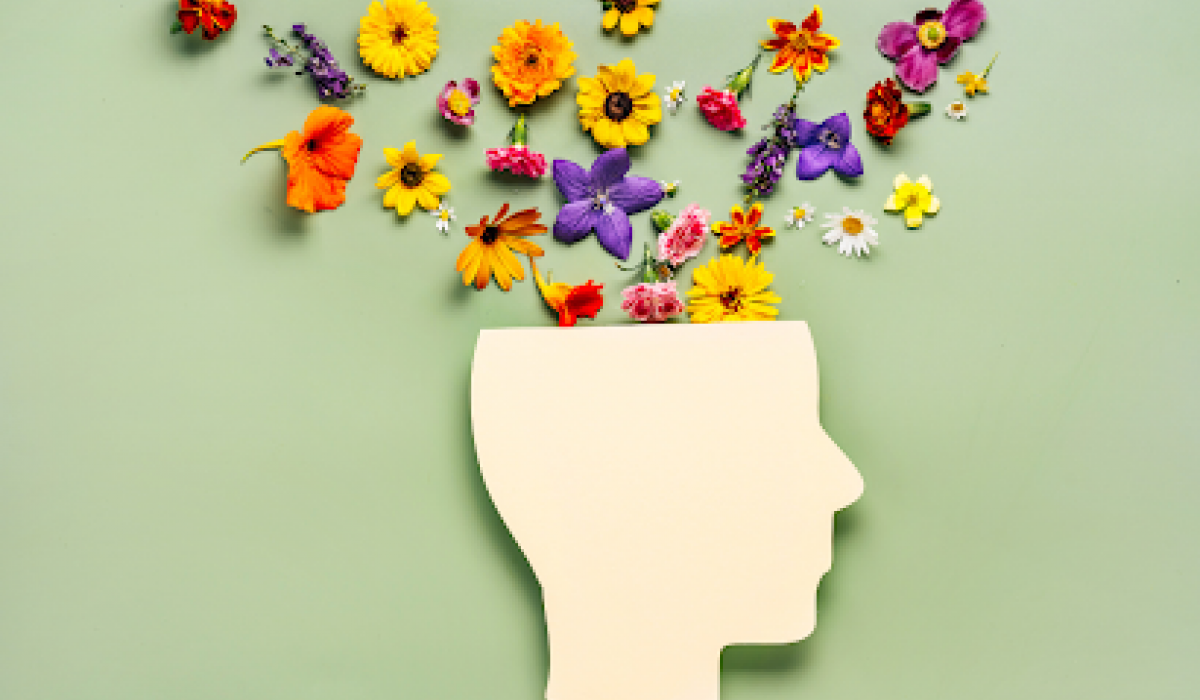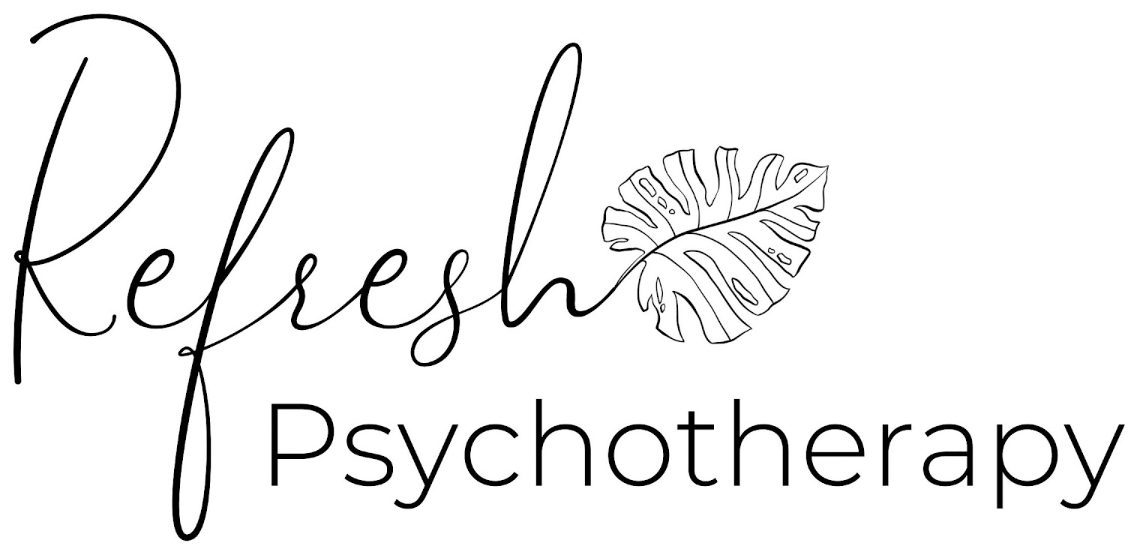
What Is Mental Health, Really?
The term “mental health” is used everywhere—from workplace wellness campaigns to TikTok therapy trends. But its ubiquity doesn’t mean it’s well understood. Mental health isn’t simply the absence of illness, nor is it a synonym for feeling good all the time. It’s a complex, dynamic system involving emotional resilience, self-awareness, behavioral regulation, and the capacity to function in a variety of social and internal roles. So what does it really mean to be mentally healthy—and who gets to decide?
Mental Health Is Not Binary
Mental health exists on a continuum. People often think of it in binary terms—either you’re “mentally ill” or you’re “mentally healthy.” But most of us move between different points on this spectrum throughout our lives. You can experience symptoms of anxiety or depression and still be high-functioning. You can have no clinical diagnosis and still be emotionally dysregulated, unfulfilled, or in crisis. The Diagnostic and Statistical Manual of Mental Disorders (DSM-5-TR) provides a framework for identifying mental illness, but it doesn’t define mental health. That’s because mental health encompasses a broader range of human experience than any manual can capture (American Psychiatric Association, 2022).
The Components of Mental Health
The World Health Organization defines mental health as “a state of well-being in which the individual realizes his or her own abilities, can cope with the normal stresses of life, can work productively and fruitfully, and is able to contribute to their community” (WHO, 2018). This definition includes several core components:
- Emotional well-being: The ability to regulate emotions and manage stress
- Psychological flexibility: Being able to adapt to changing situations and recover from setbacks
- Cognitive functioning: Clear thinking, decision-making, and problem-solving
- Social health: Maintaining satisfying interpersonal relationships
- Purpose and meaning: A sense of direction or fulfillment in life
It’s possible to struggle in one area while thriving in another. Mental health is not static—it’s a set of capacities that can strengthen or erode based on environment, life events, neurobiology, and systemic factors.
What Mental Health Is Not
Understanding what mental health is also requires clarifying what it isn’t. Mental health is not about always being happy. It’s not about being free from stress, never experiencing conflict, or always feeling “fine.” In fact, suppressing difficult emotions or maintaining an inauthentic sense of calm can indicate emotional avoidance—not resilience. Mental health is also not a luxury reserved for those who have the time, money, or cultural permission to seek it. Unfortunately, social narratives often frame therapy and emotional wellness as optional or indulgent. This erases the reality that mental health is as foundational as physical health—and equally deserving of care and attention.
The Role of Culture and Identity
Mental health cannot be separated from context. What’s considered mentally healthy in one culture or subculture may be viewed differently in another. For example, independence and assertiveness are often valued in Western mental health frameworks, but collectivist cultures may emphasize harmony, duty, and interdependence. Similarly, gender, race, and class shape how mental health is understood and accessed. Black, Indigenous, and people of color (BIPOC) communities often face barriers to care and are more likely to be misdiagnosed or underserved in mental health systems (Snowden, 2001). Queer and trans individuals may avoid seeking care due to past discrimination or lack of affirming providers. What we internalize as “normal” or “healthy” is often filtered through systems of power. That means developing a healthy sense of self may require unlearning societal messages—not just resolving individual symptoms.
Mental Health Is Relational
While many self-help approaches emphasize internal mindset shifts, mental health is deeply relational. Your emotional regulation, self-worth, and ability to cope are shaped by early attachment, ongoing relationships, and the feedback loops of your environment. People raised in invalidating or emotionally inconsistent households may struggle to trust their feelings or regulate their nervous systems. Adults who spend years in toxic workplaces or abusive partnerships often experience a slow erosion of mental health—not because they’re weak, but because sustained relational trauma rewires your sense of safety and identity (Herman, 2015). Healing doesn’t just happen in isolation—it often happens in safe relationships, including therapeutic ones.
When Mental Health Looks “Fine” But Isn’t
One of the most overlooked aspects of mental health is the experience of people who appear functional on the outside but are emotionally struggling beneath the surface. High-achieving individuals—especially women, neurodivergent adults, and people socialized to mask distress—often internalize the belief that mental health means productivity, emotional control, or being easy to be around. This can lead to a chronic state of internal dysregulation, emotional suppression, and burnout that never gets addressed because it doesn’t look like “typical” illness. True mental health includes the capacity to be real, not just the capacity to perform wellness.
Mental Health and the Nervous System
A growing body of research connects mental health to nervous system regulation. Chronic stress, trauma, and emotional neglect don’t just impact mood—they dysregulate the autonomic nervous system, leading to symptoms like hypervigilance, emotional shutdown, irritability, and fatigue (Porges, 2011). Mental health, in this context, means having access to a regulated range—the ability to shift flexibly between states of activation and rest. This is why nervous-system-informed therapy, somatic practices, and mind-body approaches have become more central to contemporary mental health care. It’s not just about fixing thoughts—it’s about restoring balance to the body.
The Medical Model vs. a Holistic Model
Traditional mental health care has often leaned heavily on the medical model, which focuses on diagnosis, symptom reduction, and pathology. While this approach is valid and necessary for many, it can also pathologize normal responses to abnormal environments. Feeling anxious in an unsafe world or depressed in a lonely culture isn’t necessarily a disorder—it may be a signal. A more holistic model recognizes that mental health is also impacted by community, purpose, creative expression, physical wellness, and access to resources. Therapy within this model isn’t just about “fixing” the individual—it’s about exploring how to live more authentically within a complex world.
Why Mental Health Matters
Good mental health is foundational for everything else: relationships, work, creativity, physical health, and decision-making. When our mental health is supported, we can tolerate discomfort, take emotional risks, and engage in growth. When it’s neglected, even the simplest tasks can feel insurmountable. Prioritizing your mental health doesn’t mean you’re broken. It means you’re human. Therapy, self-inquiry, community support, and intentional rest aren’t luxury items—they’re tools for long-term sustainability.
Book your appointment today at refreshtherapynyc.clientsecure.me.
Written by: Keeley Teemsma, LCSW, MA
Works Cited
American Psychiatric Association. (2022). Diagnostic and statistical manual of mental disorders (5th ed., text rev.; DSM-5-TR).
Herman, J. L. (2015). Trauma and recovery: The aftermath of violence—from domestic abuse to political terror. Basic Books.
Porges, S. W. (2011). The polyvagal theory: Neurophysiological foundations of emotions, attachment, communication, and self-regulation. W. W. Norton & Company.
Snowden, L. R. (2001). Barriers to effective mental health services for African Americans. Mental Health Services Research, 3(4), 181–187. https://doi.org/10.1023/A:1013172913880
World Health Organization. (2018). Mental health: Strengthening our response. https://www.who.int/news-room/fact-sheets/detail/mental-health-strengthening-our-response
